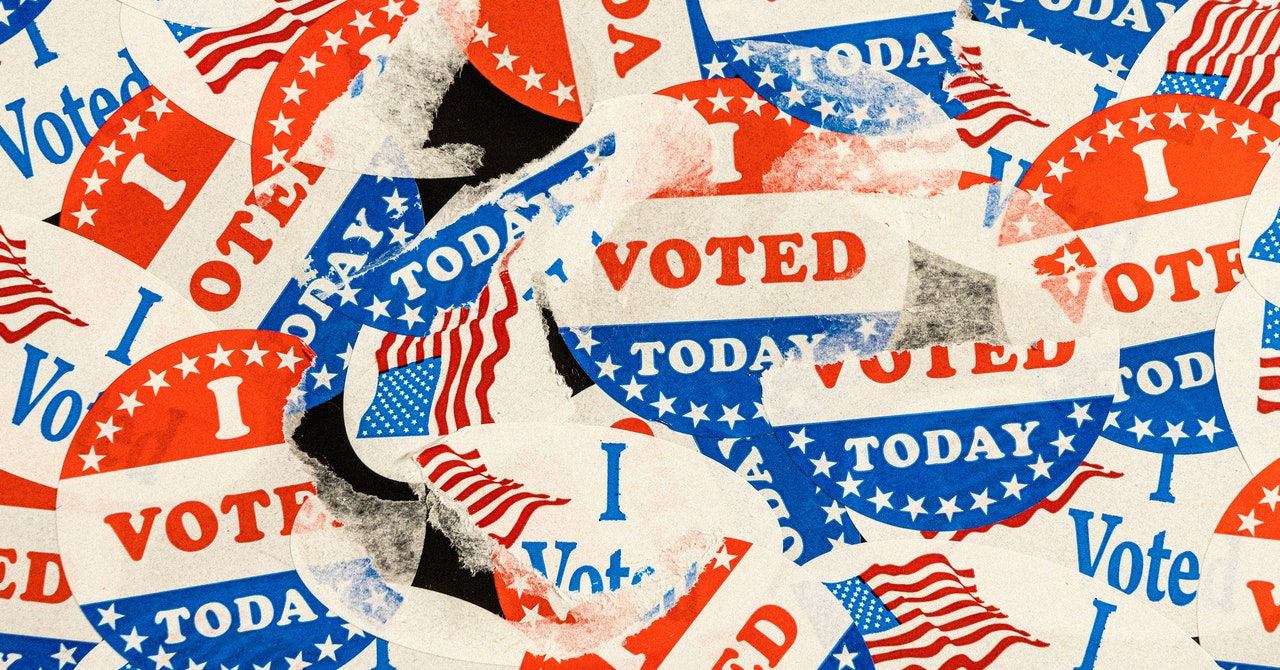Ten days earlier Gamaliel Warren Turner Sr., a 69-year veteran, learned that someone in his county had challenged his eligibility to vote. Turner, a retired U.S. Army major, had requested a ballot, and when it didn’t arrive in the mail, he got nervous and called the Muscogee County Registrar’s office to find out where it was. According to court records, a clerk informed Turner that his name was on a list of thousands of voters in the county whose registrations were under investigation.
“I was beyond furious. I was screaming,” Turner says. “I didn’t know what the hell a voter challenge was. I just wanted to know if I can vote or not?”
Turner has lived in Georgia all his life and has voted in nearly every election there for the past 50 years. He has a house there and the utility bills are in his name. He has a Georgia driver’s license which he uses to drive his two cars, both registered in Muscogee County. But in 2019, his job required him to temporarily move to Camarillo, California. To avoid missing packages on his temporary work assignment, he did what millions of Americans do every year and informed the United States Postal Service (USPS) that he wanted his mail forwarded to a new address.
What Turner didn’t know at the time was that this simple report to the USPS would ensnare him in a plan devised by a right-wing activist group called True the Vote that would eventually challenge the voter registrations of 364,000 Georgians.
Best known for his work on the widely debunked film 2,000 mulesTrue the Vote had developed an algorithm that matched names in voter lists with data held by the USPS about individuals who changed addresses. The group’s goal was to aggressively delete voter lists, under the suspicion that inaccurate registrations lead to voter fraud, which is extremely rare in the US.
Along with Turner’s, True the Vote sent the names of about 4,000 supposedly nonvoters to Muscogee County Republican Party leader Alton Russell, a toilet paper salesman, who in turn submitted them to the county election board to elect their voter. days registrations. But the plan didn’t work: Most Georgia counties rejected True the Vote’s challenges, and Turner successfully sued the Muscogee County Board of Elections to ensure his vote would be counted in the 2021 runoff.
Undeterred, True the Vote has quietly rolled out a web app called IV3 to replicate this process across the country. The browser-based application has led to the challenges of hundreds of thousands of voter registrations, the group claims. Yet little is known about IV3. The app is not active in most states and to access it, you must provide True the Vote with a valid ID. But by analyzing the code that IV3 uses for its frontend, WIRED was able to figure out how the tool is likely to function. Our review found that the app ultimately uses an ineffective and unreliable method of determining who should stay on the roll. Experts say the app uses public data as a weapon and is more likely to remove eligible voters from the list than it is to detect rampant fraud that doesn’t exist in this country.

